
Ecommerce and Retail

Whether you’re selling online only or in a traditional bricks-and-mortar store (or both!), you’ve probably spent a fair bit of time thinking about how you could do things better. You’ve no doubt asked yourself questions like
These are all important questions, but if you delve a little deeper you’ll see they can all be simplified into one big question: How can I make better use of my time and money to deliver a great customer experience?
The good news is that you’re not the first person to ask this question, and you won’t need to come up with the answers from scratch. Software companies have already created many tools to help improve your business efficiency, so you can spend more time with your customers.
The hard part is figuring out which tools are right for your business. We’ve compiled this list to get you started, and it’s packed with value-for-money tools that solve real problems for your business. It’s just a guide, so you may find that other vendors in the same category better suit your needs.
As you read through, have a think about how much time you spend on each of these tasks and how much that costs you. Every dollar or minute that you spend on unnecessary tasks is a resource that could be better invested elsewhere in your business.
Your ecommerce or retail sales platform can generate invoices and receipts for your customers, but they won’t necessarily handle your operating expenses and cash movements. Accounting software is designed for this specific purpose, putting all your financial information in the one spot for all your internal reporting and tax obligations.
This cloud-based accounting platform is simple to set up and can connect to your ecommerce or point of sale platform to automatically sync transactions and send customised invoices and sales receipts.

MYOB is online accounting software designed to help businesses succeed. By integrating MYOB with your retail management platform all your sales, customer information and purchases are automatically updated, saving you hours of data entry.
Another popular product in the accounting space, Xero is known for its integrations with over 600 other applications. Integrating Xero with your retail management software eliminates the need for duplicate data entry and can even extend the functionality of your Xero solution.
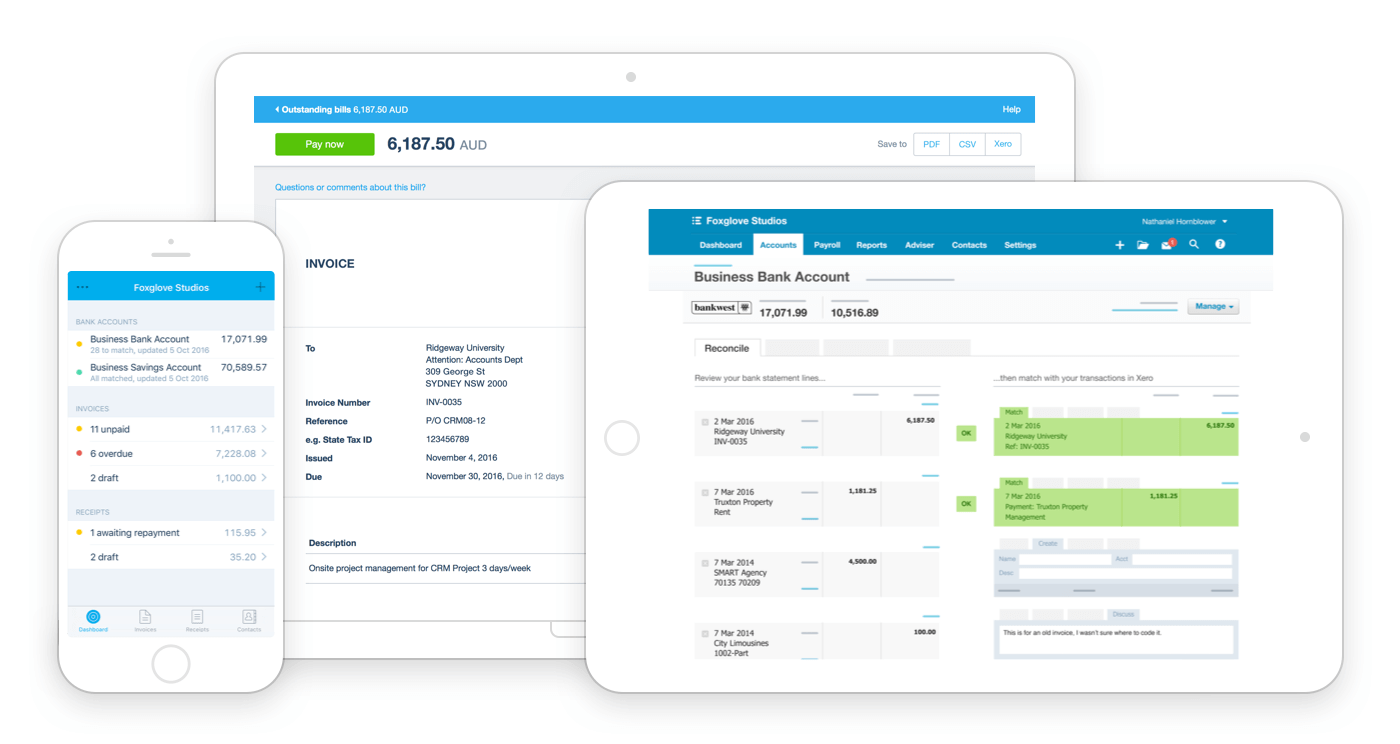
Saasu is another cloud offering that’s aimed at smaller businesses, with online payments, auto-invoicing, and a live dashboard to track your business growth.
Email is great for communication, but it’s often not the best way to get work done. It’s all too easy to end up with multiple copies of files and no clear picture of what’s going on. A workflow or project management tool makes it clear to the whole business who is working on what, and when it’s due.
For a flexible but simple project management tool, you can’t look past Trello. Each card represents a task. Attach files, checklists, and discussions, link cards to each other, assign responsible staff, set due dates, and organise your cards into lists that reflect your workflow.
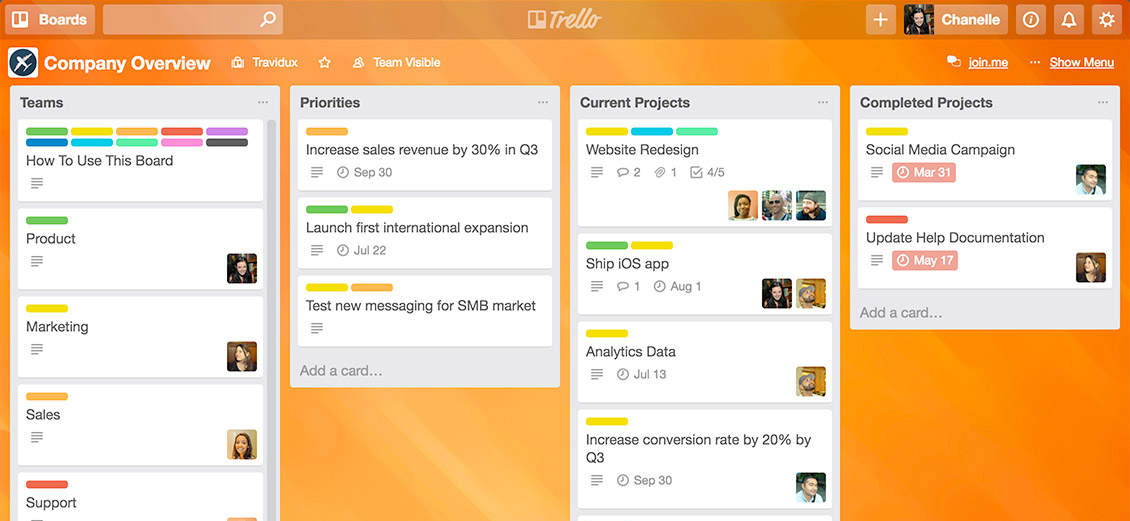
Jira was originally built for agile software development, but its infinitely customisable workflows make it suitable for any business with processes that require approvals or input from multiple staff members.
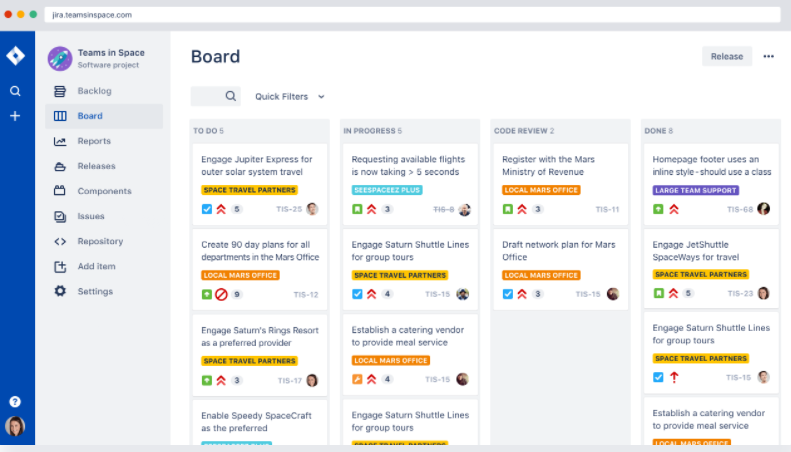
If you’ve got a one-off task that needs doing and you don’t have the expertise in-house, it’s time to outsource. There are outsourcing platforms dedicated to all sorts of specialist skill sets, as well as universal platforms.
Upwork makes it easy to recruit freelancers across the full spectrum of job roles, including design, software development, and copywriting. Freelancers are reviewed by other clients and assessed against their experience levels. Upwork also offers an escrow service, meaning you’ll never end up paying for work that doesn’t get done.
Like Upwork, Guru connects businesses with freelancers for projects and ongoing administrative support.

Fiverr is a favourite for creative freelancers, with entire categories dedicated to music and audio, and video and animation. Its name comes from the minimum price that can be listed: five dollars.
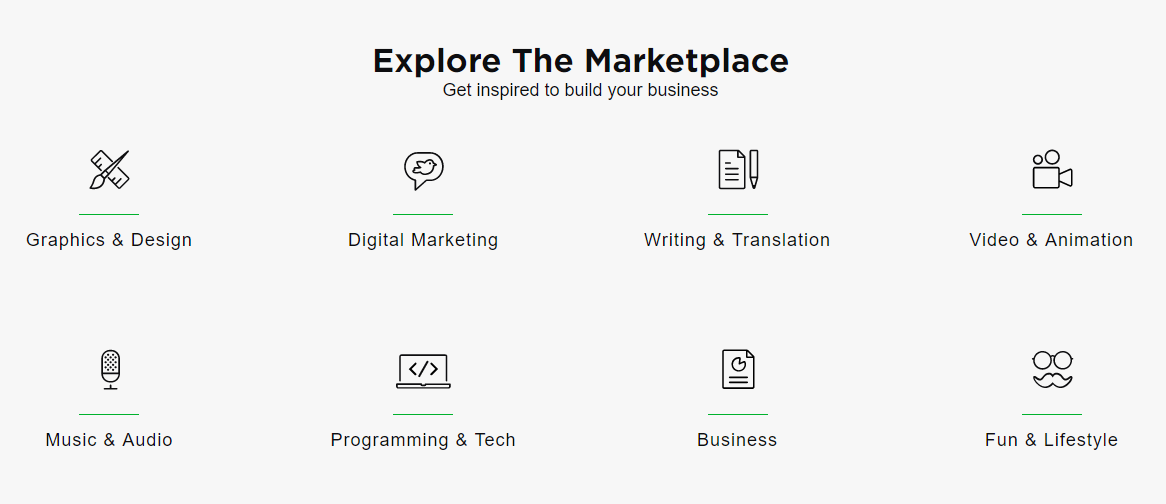
If you’ve been careful about which platforms you use, you’re probably already taking advantage of inbuilt automation features and integrations between your platforms. Go one step further with automation tools that link your everyday business applications.
Zapier is a web automation tool that links different systems together without the need for your own software developers. Anyone can create a “Zap” by simply choosing a trigger and an action. For example, you can create a Trello card whenever you receive a Twitter direct message.
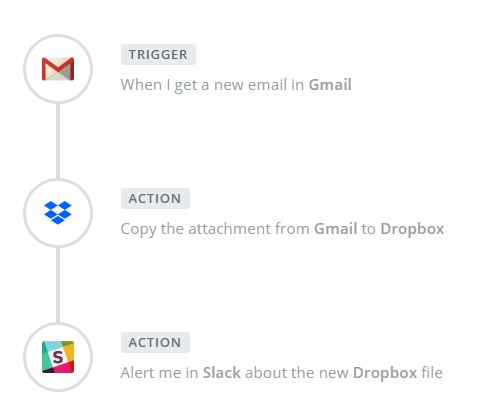
| Related Reading: 5 Tasks That Zapier Can Now Automate for Your Online Store (but the Possibilities Are Endless!)
Connecting with new customers and keeping in touch with your existing customers is critical for business success. It can also be time-consuming work that involves working between multiple platforms…unless you find a smarter way.
SmartrMail makes it easy for retailers to send automated and personalised email marketing, which in turn leads to more sales. Automate everything from product recommendation emails through to cart abandonment emails.
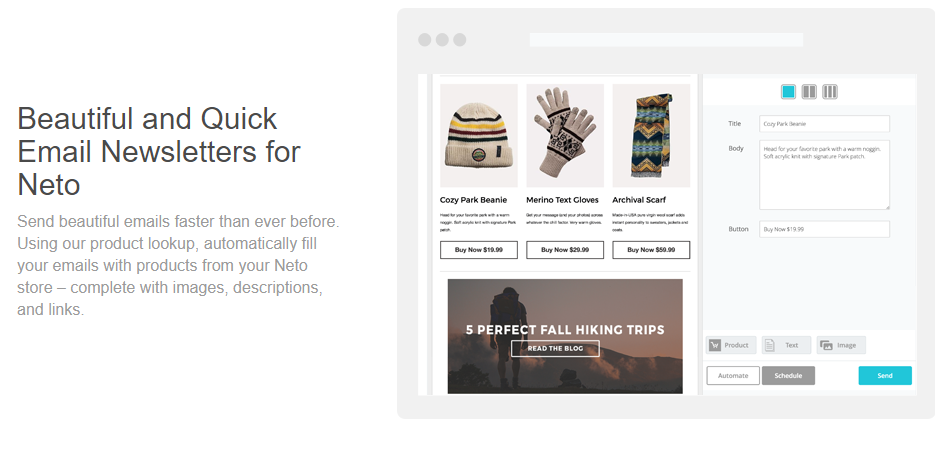
Monitor, schedule, and post updates to multiple social media accounts in a single dashboard. If you sign up for a premium account, you can also use advanced social analytics and team collaboration tools.
| Related Reading: 8 Marketing and Business Blogs Every Ecommerce Retailer Should Be Reading
To improve your business processes, you need to see what’s happening in your business—what’s working, and what’s not. If your retail management platform includes inbuilt analytics, you’re halfway there already. But you can create a clearer picture if you look across multiple systems with integrated reporting tools.
Geckoboard lets you aggregate data from multiple different services into a single dashboard for a real-time view of your business performance. Create different dashboards for each area of your business to see what is working well and what needs improvement.

With just a tiny piece of tracking code on your website, you can access a wealth of information about who is visiting your website and their patterns of use. You can also link it to social media profiles for your business, and track your Flash assets, videos, and applications across multiple domains.
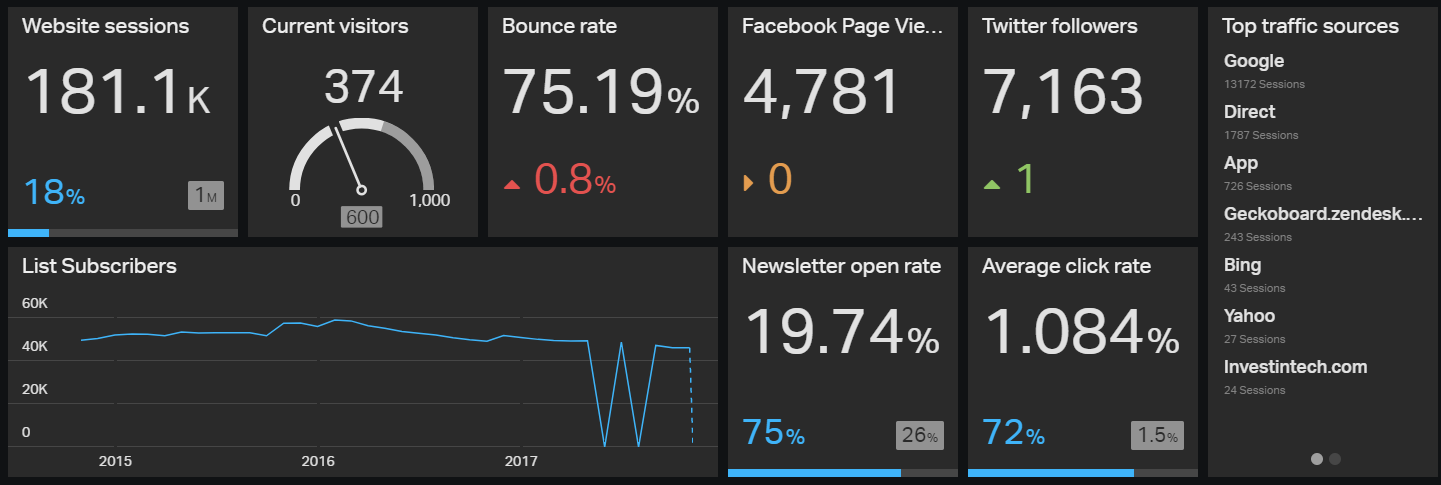
If you look through the list and you aren’t sure where to start, you might benefit from time-tracking software like Toggl or Harvest. In addition to being a convenient way for staff to submit timesheets and expense claims, it helps you track where employee hours are going. Identify where you’re spending a lot of time repeating a particular task, and check if “there’s an app for that” instead.
When you’re choosing the right tool for the job, look for cloud applications that come with integrations to your retail management platform and any other main systems you use.
Need help choosing a platform? Download our free guide 'Choosing Your Ecommerce Platform' to ensure you are asking all of the right questions.
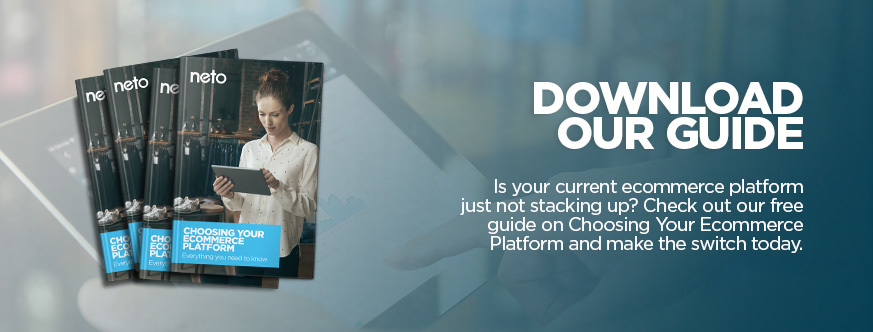
Neto is the only Australian retail management platform that provides a complete solution for ecommerce, point of sale, inventory, and fulfilment. Our integrated back-end technology enables exceptional and consistent customer experiences via any channel, be it in-store, online or through a marketplace. We automate repetitive tasks and integrate with multiple sales channels to manage orders and shipments. Start a free trial today!